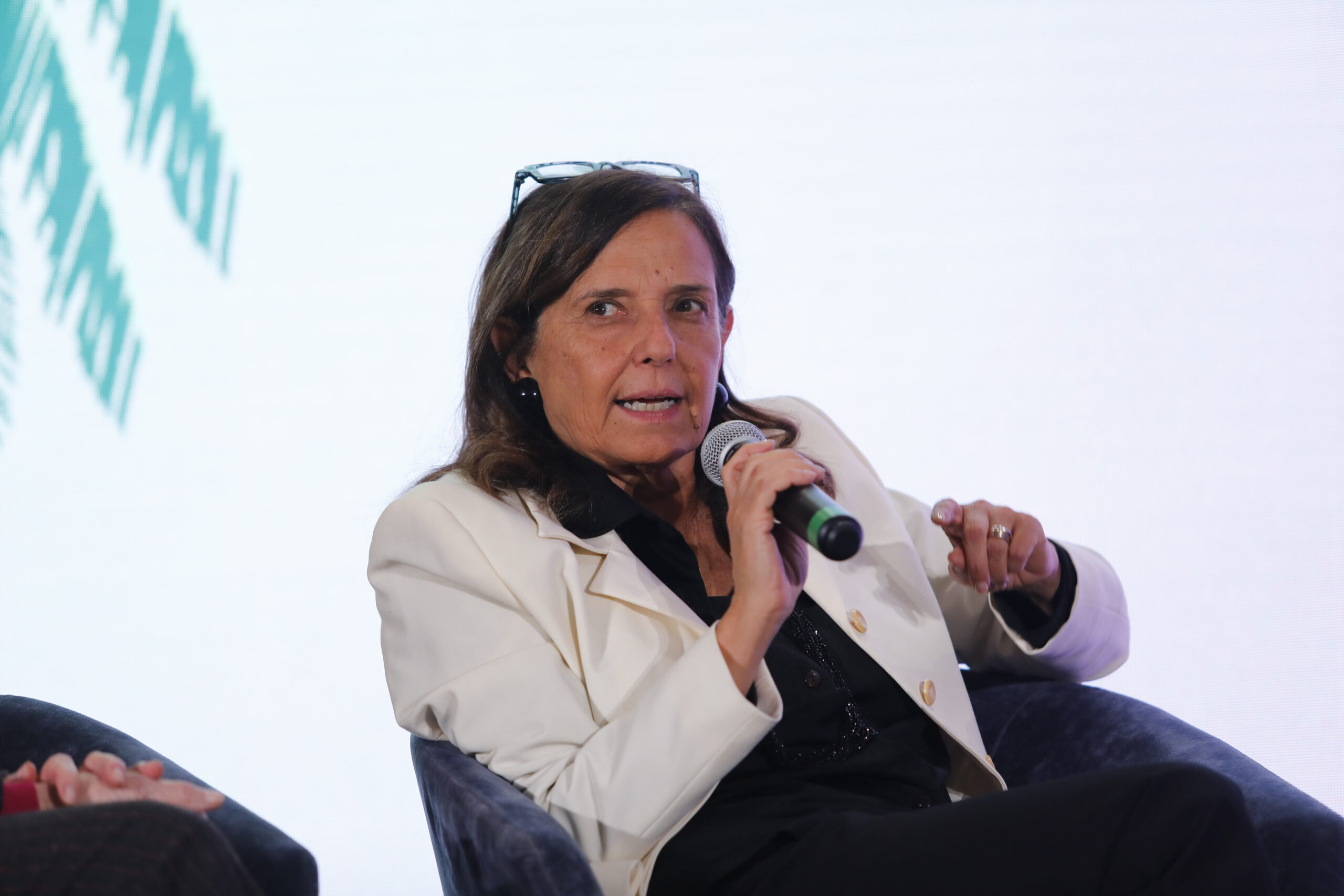How much wisdom in the rector Polimeni

What is being babbled about Israel in some university circles? The Sapienza case and beyond. Marco Orioles' letter
Dear director,
I confess that I breathed a sigh of relief after reading what the Academic Senate and the Sapienza Board of Directors put down in black and white, saying a firm no to those who demanded – and then, having received the denial, they vented their anger as we all know by now , with hands – the boycott of scientific collaboration with Israeli universities.
It was like a balm for me to read that invitation addressed to "the members of the scientific community to defend the universalistic and free character of scientific research, which constitutes the condition of its very existence and the necessary premise for it to be transformed into a tool for meeting peaceful, exchange and understanding between peoples and cultures".
The rector Polimeni and the Senate of the first university of the capital therefore carry on despite the intimidations received which represent the culmination of such an unhappy season for our higher education as to push many Jewish students – as Repubblica wrote a few days ago – not to dare to appear more in the classroom.
They no longer appear there because they are now crowded with peers soaked in propaganda and dripping with so much hatred that they forget that they are part of a community, the university one, which should if anything cure hatred and not fuel it, and with a recipe called science and culture which it cannot, under penalty of its own end, be hostage to partisan prejudices that are completely incompatible – Sapienza dixit – with the universalistic embrace that universities and the knowledge they produce as their specific mission create among countries, peoples and civilisations.
Bridges and not walls, the pontiffs have been saying for some time, but for some, the temples of knowledge called universities must erect very high barriers to isolate the wicked. They are asked to take sides, bend to the wind of the moment, and strike with exclusion and stigma those who do not align themselves with their particularistic values, in this case the belief that in the so-called Holy Land there is only one tormentor and only one victim, that is, an entire people – the Palestinians – who suffer by the will or rather the design of another cruel and ferocious people to the point of recalling the infamous Nazis.
Luckily in Rome there are those who know how to say no to the diktat of those who would like to make such theorems absolute truths and above all a reason to cut off relations with unworthy Israeli and Jewish colleagues , they believe from the height of their own purity, to be honored by a collaboration or our greeting.
But the providence found in Rome is unfortunately missing in Turin and Pisa where, in an attempt to interrupt relations with the Jews, they clung to the rhetoric of dual use.
With a motion approved two weeks ago, the Academic Senate of the Normale asked our Ministry of Foreign Affairs to "reconsider the 2024 scientific call" with regards to scientific cooperation with Israeli universities. For the rector Luigi Ambrosio it is necessary in particular "to promote a reflection on the risk of so-called 'dual use' – civil but potentially military – of some research" which according to the Magnifico would cover "not only the strictly scientific area, but also the industrial one and technological".
And despite the Farnesina's denial of the military purposes in the aforementioned Notice which also speaks of "technologies for the health of the soil" and for water treatment, for the Normale the risk of violating "Article 11 of our Constitution" prevails , which should give us the final word on whether to stop answering the phone to the Israelis.
A similar problem was raised at the University of Bari: there too they don't want to wear the helmet with the Star of David and so here is the rector Stefano Bronzini explaining to Il Foglio two days ago about the "discussion we had in a session of the Academic Senate ( during which) we noted that no researcher wanted to participate in the Maeci call".
However, when the journalist reminded Bronzini that the University he leads includes 14 research projects shared with Iranian research institutions (in Turin there are 16), the rector becomes embarrassed, denies that Bari has boycotted anyone but admits that "the only The choice I felt I had to make was to leave, as rector, the Med-Or foundation of the Leonardo group, active in defense and aerospace.
But the saga – or the sabbath, which is perhaps better – is not over because even at the Federico II of Naples, after the occupation of the Rectorate, the rector, Matteo Lorito, said he was available – writes the Corriere della Sera – "to resign from the Med-Or Foundation committee and address the students' request to end the collaboration between Federico II and Al-Quds University of Jerusalem at the next Academic Senate meeting".
I should conclude, director, that there are no longer the rectors and universities of the past. But then I think back to Polimeni and Sapienza and, heartened, I continue to believe that not all is lost.
By the way, director, isn't La Sapienza that place where about fifteen years ago the planned conference by a certain Joseph Ratzinger met with so much support among students that it pushed the then pontiff to give it up?
This is a machine translation from Italian language of a post published on Start Magazine at the URL https://www.startmag.it/mondo/universita-collaborazione-atenei-israele/ on Thu, 18 Apr 2024 06:04:55 +0000.
